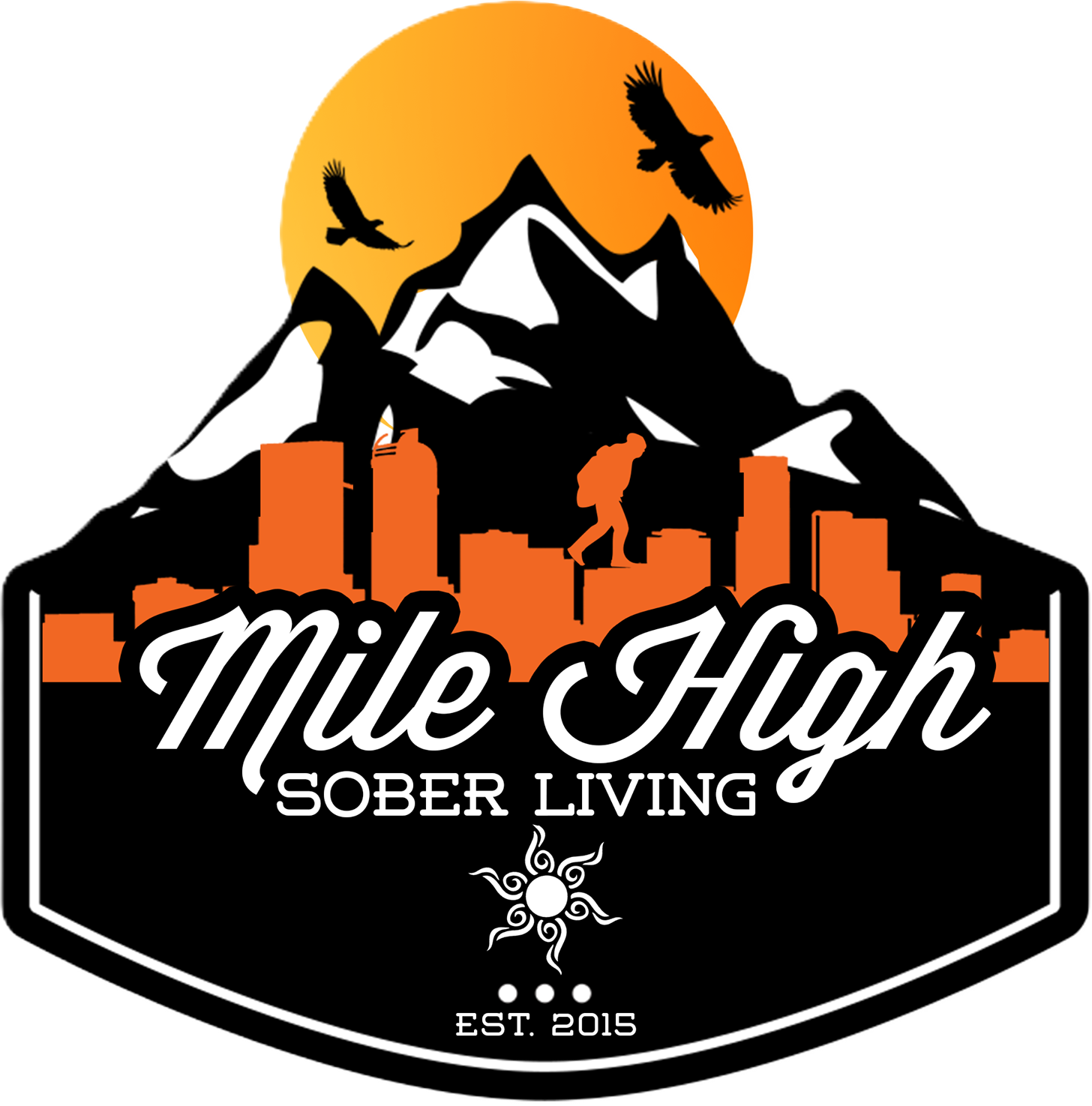Sober living homes (SLHs), also called recovery residences, provide a substance-free environment for individuals transitioning from treatment to independent living. The rules in these homes are not meant to be punitive and are meant to create predictable routines, reduce relapse risk, and teach practical skills for long-term sobriety.
This article explains the policies and SLH activities aligned with national guidelines.
Curfews in Sober Living Homes
Curfews help establish consistent daily rhythms and promote safety for those participating in post-treatment housing programs. Many homes set weeknight curfews around 10:00 p.m., with weekend curfews extending to 11:00 p.m. or midnight. New residents often have earlier curfews that are gradually relaxed with consistent compliance.
Daily schedules often limit exposure to late-night triggers, help ensure residents are accounted for, and support healthy sleep patterns. The said aspects are critical for mood regulation and relapse prevention. They typically log departures and returns, and may need prior approval for late passes related to work, school, or family obligations.
Violations are addressed through graduated consequences, including warnings, restricted privileges, increased monitoring, or, in severe cases, discharge. These incidents are documented to maintain fairness and transparency in compliance with standard practice.
At Mile High Sober Living in Colorado, we emphasize these curfew practices as part of a program that balances personal responsibility with a supportive environment, helping those within the program build routines that reinforce long-term sobriety.
Household Chores and Responsibilities
Giving residents chores is one way to teach them essential life skills. It also ensures that shared spaces are organized and well-kept.
Common assignments include kitchen cleanup, dishwashing, bathroom sanitizing, vacuuming, yard work, and periodic deep-clean tasks. Responsibilities usually rotate weekly to ensure fairness and prevent fatigue, with schedules posted for clarity.
House managers routinely inspect completed assignments to ensure hygiene standards are met. Residents are also expected to maintain their personal spaces, keeping rooms tidy, linens laundered, and food stored safely to prevent pests and hazards. However, when performances are poor, retraining or reassignment is typically preferred over immediate penalties.
Accountability Practices in Sober Living
Accountability systems in sober residences are designed to build trust, ensure compliance, and identify potential issues early. Residents typically undergo regular drug and alcohol testing, both scheduled and random, with increased frequency for newcomers or following policy violations. Confirmatory tests help resolve any disputed results and maintain fairness.
Weekly house meetings offer a space for announcements, conflict resolution, and resident input on community norms. Peer support systems, such as accountability partners, encourage daily check-ins and participation in recovery activities.
Logs are maintained to track adherence to curfew, meeting attendance, work or school commitments, and rent payments. House managers oversee these processes, mediate conflicts, document incidents, and coordinate referrals to therapy or other support services as needed, ensuring that participants receive guidance and support throughout their recovery journey.

Additional Common Rules That Support Recovery
Sober living homes maintain a substance-free environment where alcohol, drugs, and paraphernalia are prohibited. Prescription medications are allowed only as directed, often with secure storage and logging requirements. Engagement in recovery programs, such as 12-step meetings, SMART Recovery, or outpatient therapy, is frequently mandatory, particularly for new residents.
Guest policies typically limit visiting hours, designate common areas for socializing, and prohibit overnight guests to minimize exposure to triggers. Conduct expectations include respectful communication, adherence to quiet hours, and no violent or threatening behavior.
Financial responsibility, including timely rent and utility payments, is essential. Some homes require proof of employment, an active job search, or school enrollment. Technology and privacy rules, including device curfews or content restrictions, help residents maintain focus on maintaining sobriety while protecting confidentiality.
Benefits of Following Sober Living Rules
Routines and a substance-free environment reduce the likelihood of relapse and promote overall safety. Performing chores, managing schedules, and meeting obligations helps develop skills useful for independent living and employment.
Shared norms and peer accountability strengthen social support networks, reduce isolation, and reinforce recovery habits. Consistent compliance can also lead to positive references, increased privileges, and a smoother transition to less-stricter residential arrangements.
Tips for Adjusting to Sober Living Rules
Adapting to the role of an SLH is much easier with planning and proactive communication. Start by aligning your personal goals, like attending meetings, applying for jobs, or saving money, with the household expectations, and visibly track your progress.
Familiarize yourself with curfews, chore schedules, and meeting times to prevent accidental rule violations. If conflicts arise between personal obligations and house rules, communicate early and clearly. Lean on accountability partners for reminders, rides to meetings, or help navigating challenges, so you can stay on track while building healthy habits.
Final Thoughts from Mile High Sober Living
Curfews, chore systems, and accountability practices are the foundation of successful post-treatment housing programs. They provide a safe environment, help develop essential life skills, and foster a supportive community, all of which are crucial for maintaining sobriety after treatment. Choosing a home with clear rules, consistent enforcement, and recovery-focused programming gives residents the best chance to build independence and create a stable, fulfilling life.
At Mile High Sober Living in Denver, Colorado, we offer residences designed to promote personal growth and responsibility. Through consistent routines, active community engagement, and a focus on long-term recovery goals, our residents gain the tools and support they need to maintain sobriety and transition confidently into independent life.








